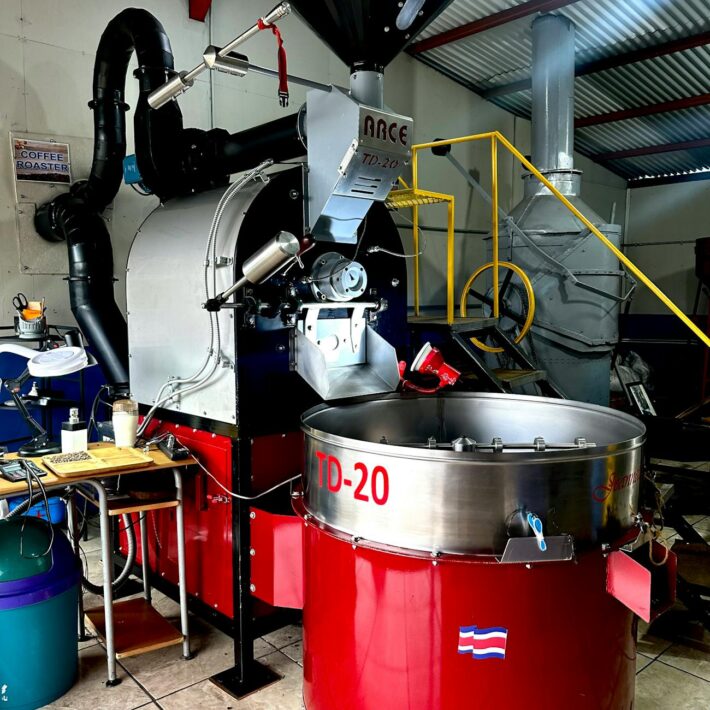Custom Furniture Business Ideas to Start in 2024

Contents
Custom Furniture Business Ideas to Start in 2024
Starting a custom furniture business can be incredibly rewarding. The demand for unique and personalized pieces is booming, and 2024 presents fantastic opportunities for entrepreneurs. Are you ready to craft a truly one-of-a-kind enterprise?
Custom Furniture Business Ideas for 2024
The custom furniture market offers diverse avenues for entrepreneurial success. Here are some ideas to ignite your creative spark:
Business Type 1: Modern Minimalist Furniture

Clean lines, neutral tones, and a focus on functionality define modern minimalist furniture. Think sleek designs, natural materials like wood and metal, and lots of storage. This style resonates with a sophisticated audience who appreciate understated elegance. This segment provides a potential pathway to explore high-end materials and craftsmanship. A dedicated showroom showcasing these pieces could draw in discerning clientele. Think about creating a strong brand identity with a focus on quality and timeless design. Photo by Kindel Media (https://www.pexels.com/@kindelmedia)
Business Type 2: Eco-Friendly Sustainable Furniture
Sustainable practices are trending. This idea emphasizes materials like reclaimed wood, bamboo, and recycled plastics. Ethical sourcing and environmentally conscious design are key to this model's appeal. This business will attract environmentally-conscious consumers, who value ethical production. Explore furniture designs that minimize environmental impact, focusing on longevity and reduced waste. Learn more about sustainable options in Sustainable Furniture.
Business Type 3: Furniture for Specific Needs
Designing for various needs, including accessibility, is a smart move. Consider furniture for seniors, people with disabilities, or those with specific lifestyle preferences. Customizable beds, ergonomic office chairs, and adaptable storage solutions are just a few examples. Understanding accessibility standards is crucial to create safe and practical products. Check out our Accessibility Guide for more info.
Business Type 4: Furniture for Specific Interior Design Styles
Want to focus on a particular style? Farmhouse, industrial, or Scandinavian styles provide distinct design elements and materials. Each style has recognizable details, materials, and finishes. Research these elements thoroughly and offer products that speak to each style. This approach targets clients seeking a specific aesthetic and gives a focus to your services.
Business Type 5: Luxury Custom Furniture
High-end materials like exotic woods, leather, and bespoke finishes make this segment appealing. This niche requires a focus on craftsmanship, quality materials, and exquisite detail. This is a market that demands an elegant and personalized experience. The bespoke nature of these projects creates an opportunity to form long-term relationships with clients. Discover how to create an exclusive experience.
Business Type 6: Furniture Rental Services
Furniture rental is an emerging trend that complements custom designs. Think short-term or long-term rentals for events or temporary needs. This flexible model could add another stream of revenue. Explore how rental services can complement your custom furniture offerings. Discover the details of rental services.
Business Type 7: Furniture Design and Consultation Services
Interior design consultation is another excellent path. Offer design services to help clients achieve a personalized and functional space. A strong understanding of interior design principles could translate to significant profit. Design consultations offer a chance to partner with designers and architects on custom projects. Learn more about design consultation services.
Business Type 8: Upcycling and Refurbishing Furniture
This model is ideal for environmental enthusiasts and creative individuals. Upcycling existing furniture with new materials and designs is a profitable endeavor. Explore the possibility of transforming old or unwanted furniture into valuable, stylish pieces. Discover the economic and ecological aspects of upcycling.
Business Type 9: Furniture Manufacturing and Supply
This model is best for larger ventures. Supply furniture for retailers or other businesses. This requires strong production capabilities and efficient supply chain management. Explore the various ways to produce and supply furniture for different markets.
Tips for Success in the Custom Furniture Industry
Turning your ideas into a thriving business takes careful planning and execution. Here are some crucial strategies:
Marketing and Branding Strategies
Building a strong brand identity is essential. A memorable logo and consistent branding can set you apart. Your online presence, website design, and social media strategies are essential components of your marketing efforts. Discover how to create a stunning logo.
Customer Acquisition and Retention
Attracting customers requires a thoughtful approach. Personalized customer service, loyalty programs, and building relationships are key. Build trust with prospective customers to ensure long-term relationships.
Financial Planning and Management
Thorough financial planning, including cost management, pricing strategies, and budgeting is crucial. Carefully track and analyze expenses to identify areas where you can streamline costs. Maintaining detailed financial records can help your business stay on track.
Conclusion
The custom furniture industry is ripe with opportunities. By embracing creative ideas and employing strategic business planning, you can establish a thriving enterprise in 2024. Remember to thoroughly research, plan meticulously, and be prepared for the challenges ahead. Are you ready to craft your own custom furniture success story? Your journey into the custom furniture business begins with a clear plan and solid execution.

As our Chief SEO & Branding Strategist, Robert Ellison is a digital marketing visionary with over 25 years of experience transforming brands through smart, data-driven SEO and impactful storytelling. Known for his expertise in aligning technical SEO with authentic brand narratives, he leads our team in creating strategies that boost search rankings while building strong, sustainable brand identities. A trusted advisor and frequent industry speaker, Robert combines deep technical knowledge with creative insight, helping our clients not only reach the top of search results but also genuinely connect with their audiences.








